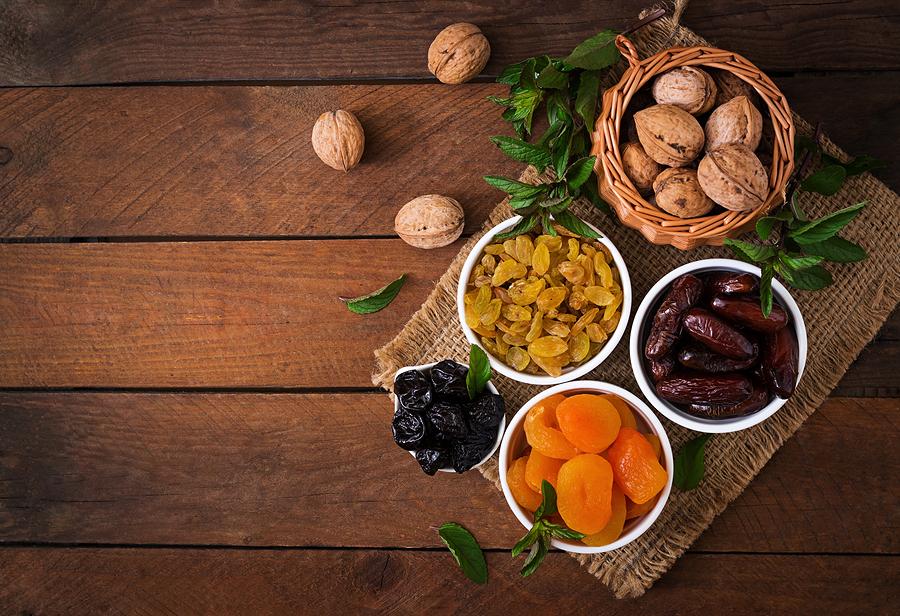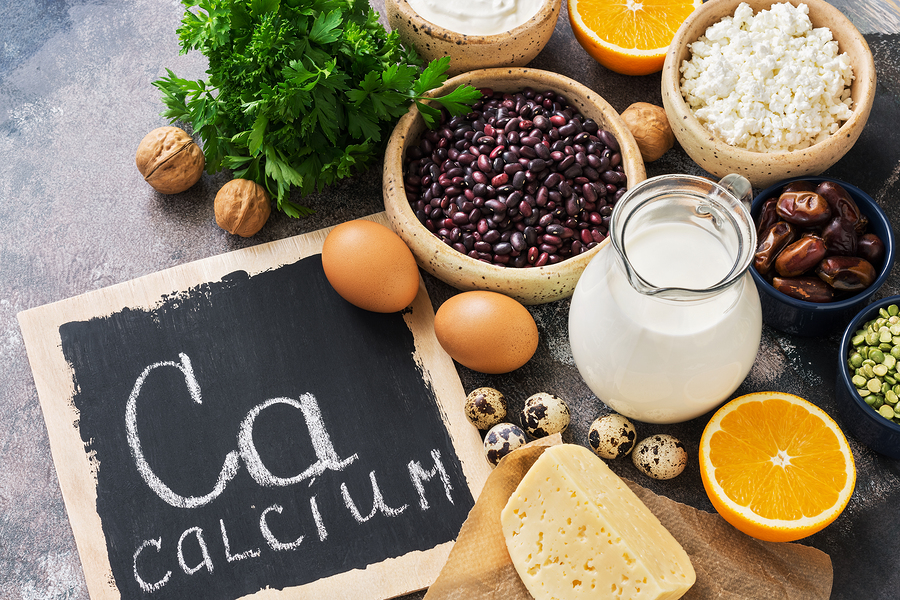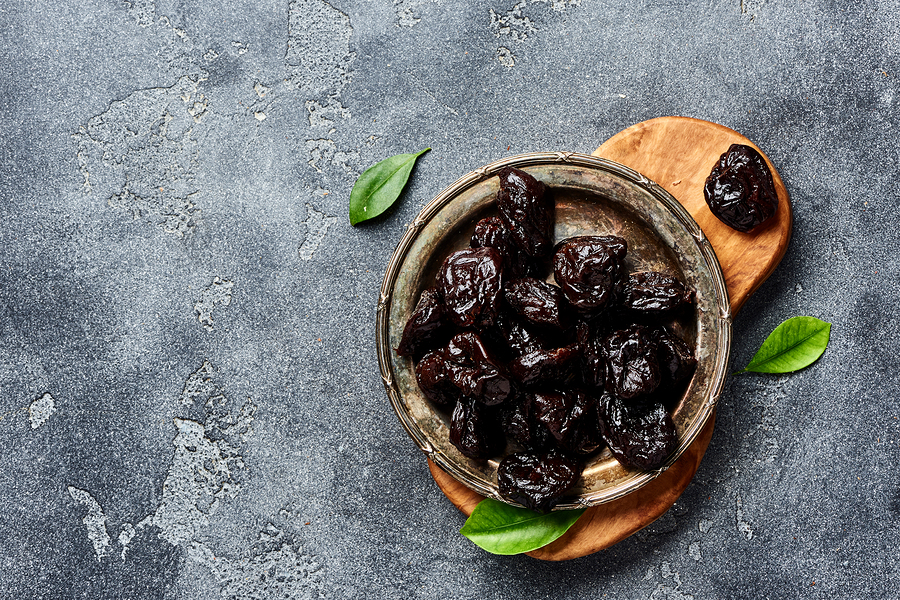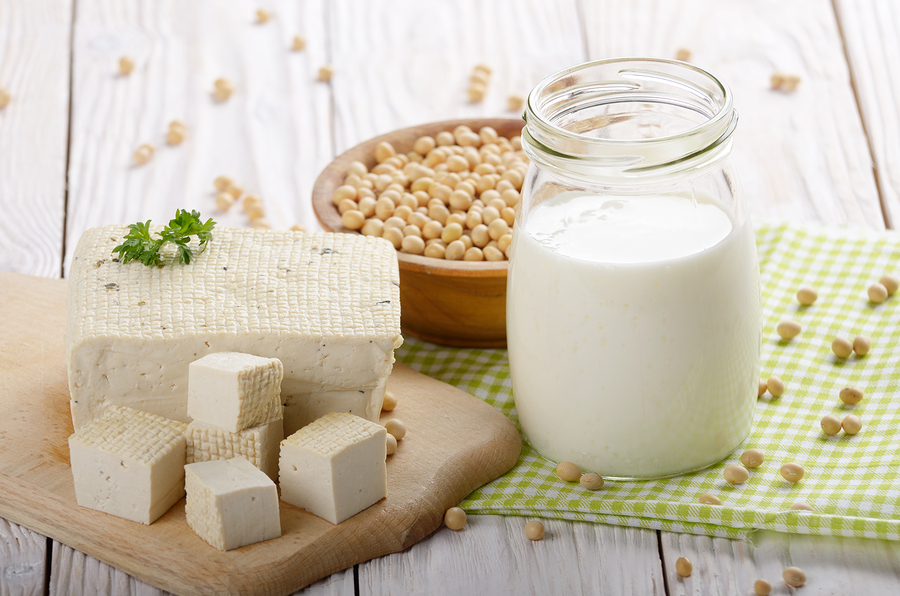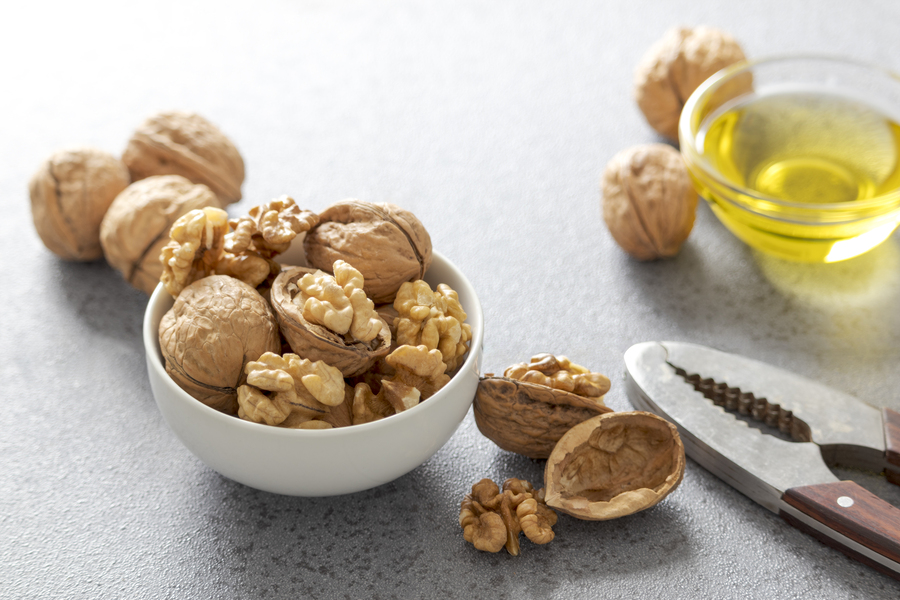The role that our bones play when it comes to overall health and fitness is not to be ignored! While we have long been told that dairy milk is beneficial for the optimum health of our bones, there is increasing evidence that points to other foods perhaps being of greater benefit!
There is an abundance of foods that are rich in calcium, in addition to other nutrients that are also known to be useful for bone health. These foods include prunes, onions, tofu, salmon and walnuts, as well as a wide range of vegetables. It is true to say that is has long been known that these foods have various health benefits, however recent studies have revealed more juicy details in regards to just how great these foods are!
Before we get stuck in, let’s take a look at calcium and what it is so essential for optimum bone health!
Calcium
It is recommended that the general population should consume around 700mg of calcium daily. Although it is certainly possible to up your calcium intake by taking supplements, it is not considered difficult to get this much calcium through a balanced and varied diet. It is important to note that our bodies do not produce calcium on their own, so it is pivotal that we acquire it through dietary sources.
Calcium not only helps to build bones, but also works to keep them healthy. This essential mineral also helps our blood to clot properly, our muscles to contract as they should, and also helps the heart to keep beating!
Calcium is lost from the body every day, such as when we sweat or go to the toilet – it can even leave the body through our hair. This means that we must always be topping up our calcium stores.
Prunes
Prunes have long been associated with digestive health. An assistant professor from San Diego University has shown that prunes can be great for improving bone health. The results of the study have shown that consuming five or six prunes every day can not only help to prevent bone loss, but also reverse bone loss that may have already occurred. You can also enjoy the benefits of prunes by consuming prune juice if eating them isn’t your first choice!
Prunes are a good source of potassium which assists in the effective function of many processes in the body. Potassium is great for digestion, nerve impulses and muscle contractions. The body does not naturally produce potassium, so it is important that you aim to consume an adequate amount through dietary sources.
Onions
A study published in the Menopause Journal has shown that women who consume onions every day will maintain approximately 5% more bone mass than those who eat onions less frequently.
Onions have been used in preventative medicine for many hundreds of years. They have been especially popular throughout history as a means of tackling the common cold, however their use is certainly not limited to just this one thing! Onions are bursting with vitamins A, B6, C and E. They also contain a wealth of sodium, iron, potassium and dietary fibre.
Tofu
Soy has long been associated with lowering the risk of bone fractures and tofu is a great choice for including more soy in your diet. Women who are close to entering the menopause can help to protect their bone health by regularly consuming tofu.
Soy foods are generally high in calcium, which is one of the most important components when it comes to considering bone health. Furthermore, soy foods also contain beneficial levels of magnesium and boron. Magnesium is useful for boosting bone health because it helps to firm the bones and make them stronger. Boron is useful because it boosts bone density and improves strength and muscle mass.
In order to enjoy the maximum health benefits of adding tofu to your diet, it is always a good idea to source non-genetically modified soy.
Salmon
If you desire more protein as you strive to have a more bone-healthy diet, then consider including salmon in your diet. In one study, women who ate fish between five and seven times a week were compared with those who ate it two or fewer times per week. Those who ate more fish were discovered to have a much higher bone mass and a greater vitamin D intake than those who ate it less.
The high omega-3 count in salmon can contribute to better bone health. If you aren’t a fan of eating salmon, or you follow a vegetarian or vegan diet, then you can also find a wealth of omega-3 in dark leafy green vegetables, such as spinach and broccoli.
Walnuts
Walnuts contain many bone healthy nutrients. Just a quarter of a cup of walnuts will hit almost your entire daily quota of omega-3! This essential fatty acid is not only great for the health of your bones, but is also anti-inflammatory and contributes to better cardiovascular health, improved cognitive function and healthy skin and hair. Consuming an adequate amount of omega-3 will also help to keep your blood pressure at a desirable level.
Over the past few years, studies have shown that omega-3 can increase calcium absorption in the body and enhance collagen synthesis, which contributes to better bone health.
Making Positive Changes
Whatever your age or gender, consider making bone smart choices when it comes to your diet by including the aforementioned foods. By adding more prunes, salmon, onions, walnuts and other vegetables to your diet, you can not only help to maintain your existing bone health, but also improve it in the long-term. This can help you to enjoy better health and wellness into your senior years, and protect the quality of life that you enjoy!
References
Related Posts
Cigarettes May Inhibit Inflammation Treatments
Axial spondyloarthritis, also known as AxSpa, is a chronic…




